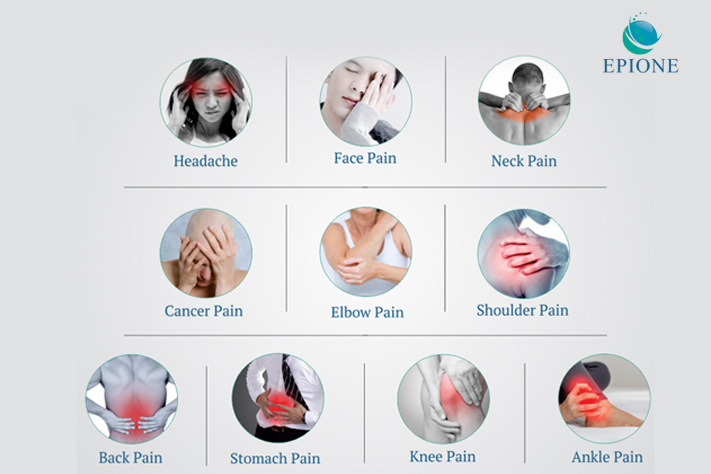THE MENACE OF DENGUE - Symptoms, Transmission, Diagnosis & Treatment

As we celebrate National Dengue Day, let us take a moment to get aware and make others aware of this menace. Dengue is a viral disease that can cause mild to severe illness. The virus is transmitted by the Aedes mosquito and there are four different types of dengue virus, which affects people in various ways. It has become a global public health concern due to its increasing incidence over the past few decades and now affects people of all ages, from infants to adults, throughout the tropical world.
MOST COMMON SYMPTOMS OF DENGUE
- Fluctuating fever
- Headache
- Muscle, bone or joint pain
- Nausea
- Vomiting
- Pain behind the eyes
- Swollen glands
- Rashes
- Bleeding from your gums or nose
- Blood in your urine, stools or vomit
Dengue is usually diagnosed through blood tests that looks for the dengue antibodies in your bloodstream. Doctors will look at how quickly you start to develop immunity against this virus. If you do not have any antibodies of Dengue in your system yet and get infected with the virus, it can take up to 15 days for your body to develop the antibodies that will then allow doctors to diagnose Dengue.
Depending upon the severity there are few different treatments for dengue. In most of the cases appropriate medication and proper diet can manage the disease. A blood transfusion may be needed if you are experiencing symptoms that can cause you to lose too much blood, such as severe vomiting or diarrhea. If your platelet count is low, doctors might use anti-inflammatory medications and steroids in order to bring the numbers back up. Dengue hemorrhagic fever occurs when patients experience a very high fever and start to bleed from their nose, mouth or gums. This is often fatal if it's not treated quickly enough with fluids and medications that will raise the blood pressure, such as dopamine and epinephrine.
The best way to prevent yourself from contracting this disease is by using insect repellent and mosquito nets whenever & where mosquitoes are present. It's also advisable to wear long sleeves and pants while outdoors during the evening when mosquitoes are the most active.

Dr. TNJ Rajesh
Consultant Physician, Internal Medicine & Infectious Diseases
Star Hospitals
For Appointments, Call: 040 44 77 77 77

 Disclaimer: Welthi.com does not guarantee any specific results as a result of the procedures mentioned here, and the results may vary from person to person.
Disclaimer: Welthi.com does not guarantee any specific results as a result of the procedures mentioned here, and the results may vary from person to person.









